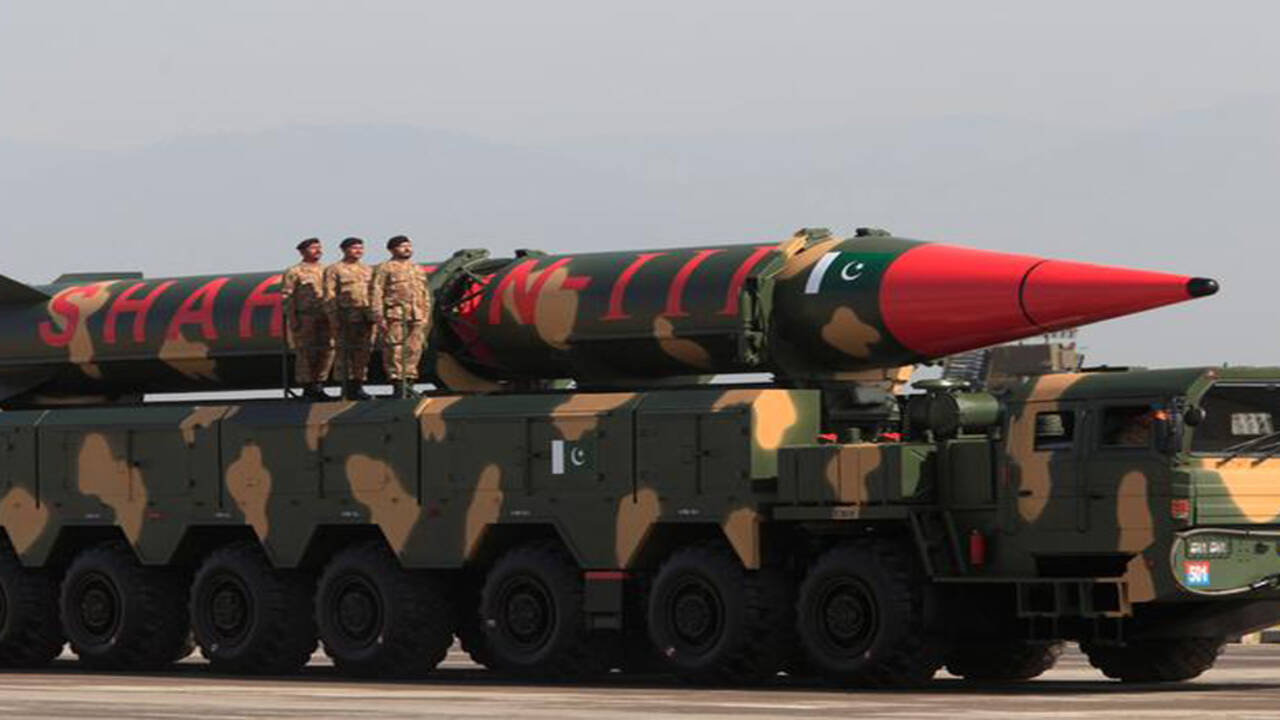SOURCE: AFI


A provocative statement attributed to Mohsen Rezaei, a member of Iran’s Expediency Discernment Council, stirred international attention. Rezaei claimed that Pakistan had assured Iran of a retaliatory nuclear strike against Israel in the event of an Israeli nuclear attack on Tehran. The statement, widely shared across social media platforms like X, has sparked a mix of reactions, ranging from alarm to skepticism, with some Indian commentators dismissing it as “Lahori Churan”—a colloquial term implying an overhyped or impractical solution.
According to posts on X, Mohsen Rezaei, a prominent figure in Iran’s political and security establishment, stated: “Pakistan told Iran that ‘if Israel drops a nuclear bomb in Tehran, we will drop a nuclear bomb on them.’” This alleged assurance from Pakistan, a nuclear-armed state with a complex history of alliances, comes at a time of heightened tensions in the Middle East, particularly between Israel and Iran. Rezaei’s statement, if accurate, suggests a significant escalation in Pakistan’s strategic posture, aligning it closely with Iran in a potential nuclear confrontation.
Mohsen Rezaei, a former commander of Iran’s Islamic Revolutionary Guard Corps (IRGC) and a key political figure, is known for his hardline stance and influence within Iran’s security apparatus. His remarks, however, have not been independently verified by official Pakistani sources or corroborated by mainstream media at the time of writing. The lack of confirmation raises questions about whether the statement reflects an official policy or is an attempt to project strength amid regional rivalries.
If true, Pakistan’s alleged pledge would mark a dramatic shift in its foreign policy. Pakistan has historically maintained a delicate balance in its relations with Iran, Israel, and global powers like the United States. While Pakistan and Iran share cultural and religious ties, their relationship has been strained by issues such as cross-border militancy and differing alignments in regional conflicts. A public commitment to retaliate against Israel on Iran’s behalf would place Pakistan in direct confrontation with Israel and, by extension, its allies, including the United States.
The statement attributed to Rezaei raises several questions: Would Pakistan, itself under pressure from multiple fronts, truly risk national annihilation to retaliate on Iran’s behalf? Is there any precedent or formal strategic pact between Tehran and Islamabad that justifies such a posture?
Military analysts argue that such a statement is far more rhetorical than real. Pakistan, while possessing a nuclear arsenal, has long maintained a doctrine of credible minimum deterrence focused almost entirely on its eastern front — India. Any shift in its nuclear posture to engage Israel on behalf of Iran would dramatically expand its threat envelope and provoke sharp international consequences.
Moreover, Pakistan and Iran have had a complex, often strained, relationship. Sectarian divides, border skirmishes, and differing regional alignments (with Pakistan historically closer to Saudi Arabia and the U.S.) make a deeply committed military alliance between the two nations unlikely.
Indian strategic commentators were quick to highlight these contradictions. Many pointed out that while Pakistan’s leadership has a history of issuing exaggerated or symbolic statements for domestic or ideological appeal, actual strategic decisions are governed by far more pragmatic calculations.
“Even if such a statement was made informally,” one analyst noted, “it is hardly actionable policy. If anything, it adds to the catalogue of performative posturing that has long undermined Pakistan’s credibility in the international strategic space.”
NOTE: AFI is a proud outsourced content creator partner of IDRW.ORG. All content created by AFI is the sole property of AFI and is protected by copyright. AFI takes copyright infringement seriously and will pursue all legal options available to protect its content.